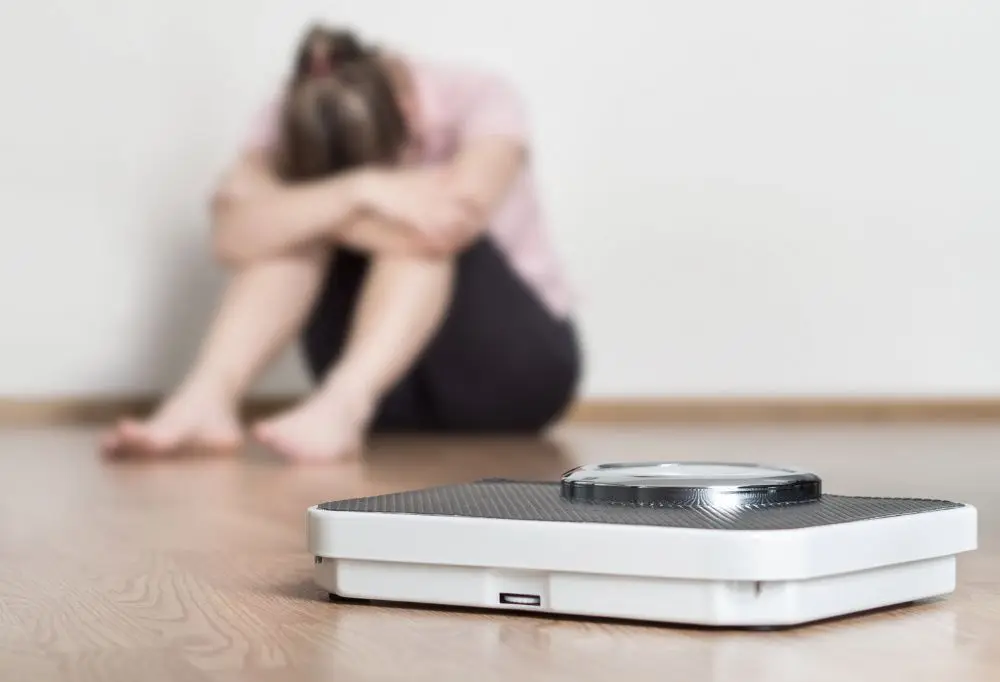Although almost every woman learned about her menstrual cycle from other women in her life or in health class, menopause is rarely discussed even among the closest friends. With over 25 million search results for “symptoms of menopause” in Google, it is clear that most women seek information about menopause on the internet before turning to a doctor for confirmation.
For many women, the traits of menopause come as a gradual onset of slight body changes. Other women experience menopause like the last scene of “Invasion of the Body Snatchers” with brilliant hot flashes or night sweats.
The most common signs reported by women in perimenopause are night sweats and hot flashes, but other physical warning signs can be hard to connect to menopause because most women experience these maladies throughout their lifetime.
Some of these menopause indicators include:
1. Fatigue
As mothers, wives and professionals, all women know fatigue as their friend every day, but the fatigue that comes with menopause is sometimes accompanied by a depression that makes the simple act of getting out of bed too much to accomplish. Suddenly, a woman can go from tired at the end of the day to completely without strength before the day even starts.
2. Breast Tenderness (or general changes)
Any woman that has experienced her period knows the signs of breast tenderness. Like that favorite bra that will not fit right for a few days out of the month, breast tenderness is a constant indicator of menopause as well as PMS. Anytime breast changes are noted, a doctor should be consulted to rule our breast cancer, but breast tenderness at non-PMS times can be a suggestion by the body that menopause is on the way.
3. PMS
Notice that the letters do not change? Whether discussing pre-menstrual syndrome or perimenopause symptoms, the signs of menopause can mirror PMS. The first changes most women notice is a worsening of PMS mood swings, change in the length of periods or flow of periods, and an on-going inability to focus.
Lower Sex Drive: All women encounter times when they are just “not in the mood;” however, by their mid-thirties, most women know themselves enough sexually to know when their sex drive shifts. If a woman goes from “not tonight” to not in recent memory, especially in a relationship where intimacy usually exists, then a lower sex drive might be a signal of menopause.
4. Bladder Leakage
With the decrease of Estrogen and other female hormones, women sometimes experience bladder leakage when laughing, coughing, or sneezing. While sending women searching for the middle ground between a maxi-pad and Depends, bladder leakage can be an indicator that menopause is around the corner.
5. Vaginal Dryness
As Estrogen declines, many women experience vaginal dryness due to the thinning of the vaginal walls and decrease in lubrication as a part of their journey into menopause. Sometimes, the decrease in lubrication can lead to painful sexual intercourse, which may in turn trigger low sex drive.
The easiest way to determine if the symptoms are indicators of perimenopause or the onset of menopause is to visit a doctor and have your blood tested. Many women put off visiting a BHRT doctor, who specializes in bioidentical hormone replacement, once they notice the indicators because they are embarrassed or concerned about the next step.
The best way to find out the truth is to make an appointment with a qualified healthcare provider that specializes in BHRT to guide you through each step of menopause and help maintain your current quality of life.






